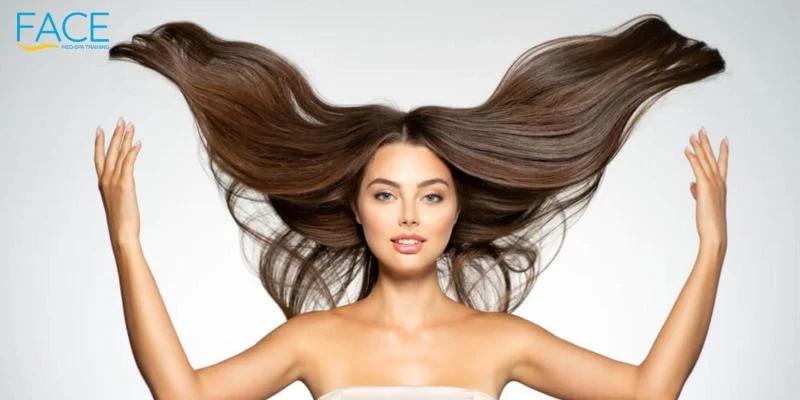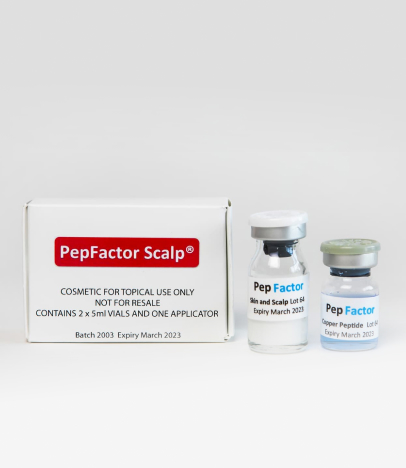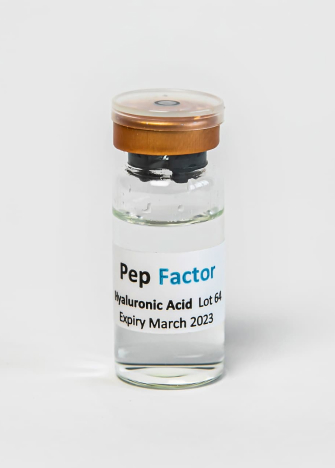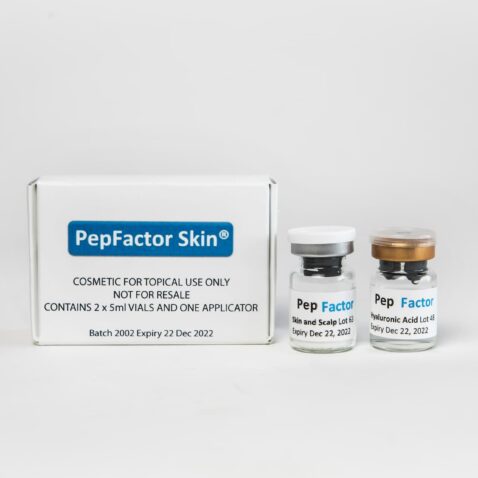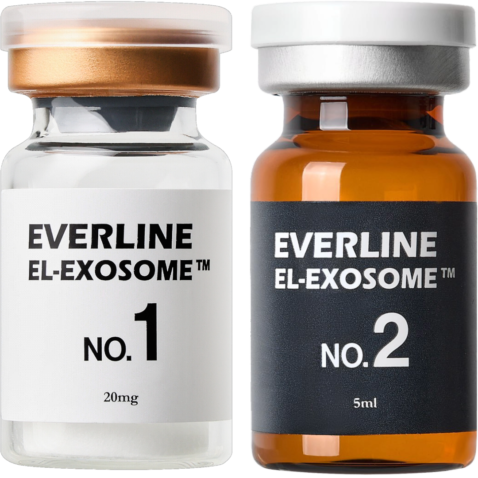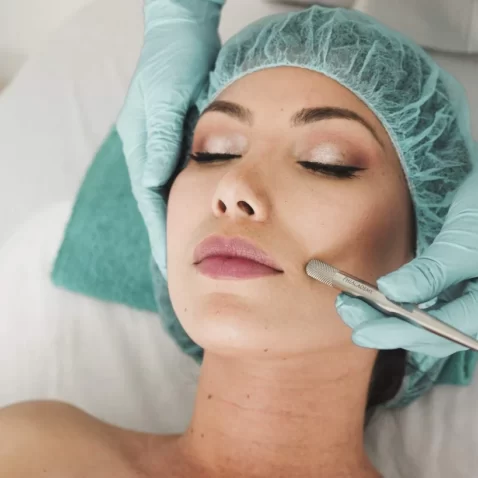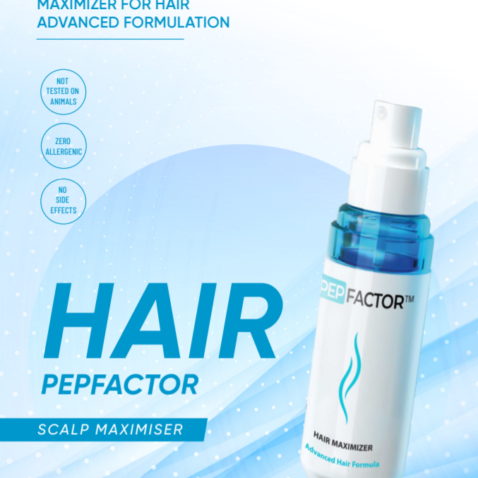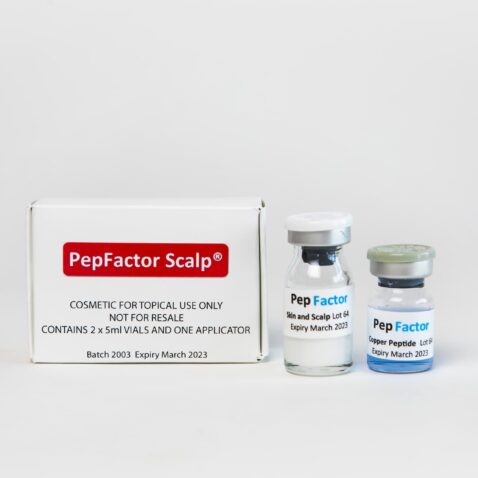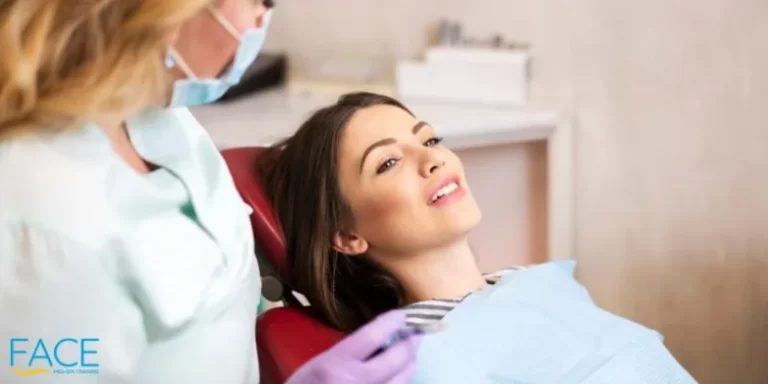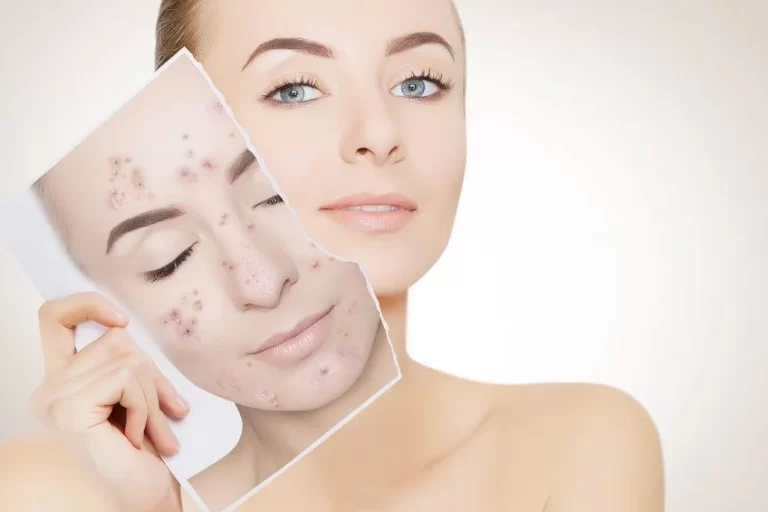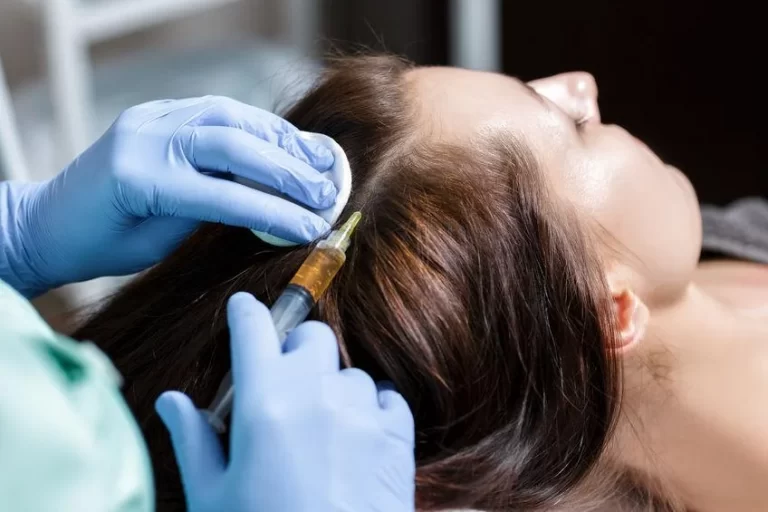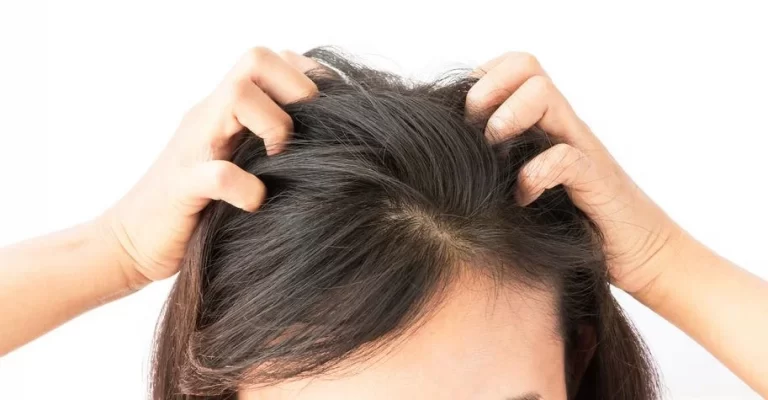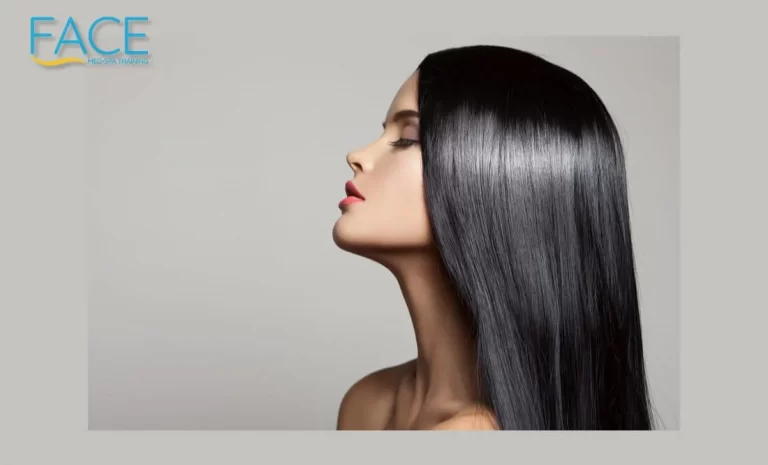Hair can be one of the most unpredictable features to manage because of the multitude of factors that affect its appearance and growth. One common complaint that patients are that their hair isn’t thick enough – and while this may seem like a purely aesthetic complaint, several health conditions may rely on the thickness of someone’s hair.
So how can patients thicken their hair? There are several ways that dermatologists recommend like medication, essential oils, changes in their beauty routine, and medical-grade serums. For the best results, patients should coordinate closely with their doctor/esthetician to find which method suits them.
How To Get Thicker And Healthier Hair
There are a variety of adjustments that doctors and dermatologists may advise patients to do if they experience thinning hair. However, it’s also important to keep in mind that factors like age, lifestyle, and genetics can also affect the efficacy of these treatments.
1. Diet
Because hair growth is directly affected by the nutrients in the bloodstream, a person’s diet can be an effective way of encouraging their hair to thicken. In particular, fatty acids like Omega-3 and Omega-6 can help fight off inflammation and improve skin health, which can help prevent hair loss and make your hair healthier overall.
Eggs, fatty fish, nuts, and sweet potatoes all contain nutrients that help encourage hair strands to thicken, which can also prevent any hair loss. Foods rich in vitamins and minerals like fruits and leafy vegetables can also promote scalp health, which can aid in thickening hair. Cutting away certain things from a patient’s diet like sugar, starchy refined grains and alcohol can also help their hair keep moisture, which prevents it from becoming brittle.
2. Scalp massages
A relatively inexpensive way to promote hair growth is a scalp massage. Scalp massages promote additional blood flow to your head, which helps your hair strands access much-needed nutrients in your blood. It also helps with taking away any waste products in the bloodstream, so your hair can grow with no difficulty.
You can use a scalp massager to make massaging your head easier, or you can just use your fingers. However, the most important thing to remember is consistency – studies have shown that regular scalp massages are the best way to get thicker hair.
3. Special shampoos
If a patient is looking for an immediate treatment for thin hair (for example, to improve their appearance before a social event) dermatologists may recommend special thickening shampoos for them to use. While their long-term effects are still up for debate, they have shown some efficacy with at least masking thin hair.
Patients may also use these special shampoos in combination with other hair thickening treatments, so their hair maintains the illusion of thickness while it’s still growing.
4. Natural oils and vitamin supplements
Supplements that contain coconut oil, olive oil, and argan oil have also shown some success with helping thicken hair. Coconut oil is easily absorbed by the hair, which allows it better access to the hair strands. Natural oils are extremely rich in fatty acids, which are essential compounds that help hair maintain its structure and keep moisture.
Patients need to remember that some supplements may not be approved for therapeutic use, so they need to consult their doctor if the supplements they’re considering taking are safe for their health. Vitamin supplements may be prescribed sparingly depending on the patient’s overall health and diet.
5. Changes to hair care routine
One of the primary causes of hair fall is aggressive styling, like overheating hair during styling or intense brushing. While these initial actions may seem small, repetition over time weakens hair strands, making them more prone to breakage. High amounts of heat in particular can irreparably damage hair follicles, preventing them from growing properly. This also prevents healthier hair from fully growing.
This is especially crucial if the patient has dyed hair. Since dyes can often seep into the hair follicles, doctors should always recommend specialized products like color maintenance shampoo and hydrating conditioner to counteract the strain of the dye.
6. Hormone therapy
In severe cases of thinning hair, patients may also consider hormone therapy as a viable solution to slow down hair loss or improve hair growth. These treatments may be taken in pills, creams, or patches, which are easy to integrate with a patient’s normal hair care routine.
However, extra care needs to be taken since an influx of hormones on the body can have side effects that can aggravate the symptoms of thinning hair, and may even develop into serious complications if left unsupervised. Doctors and dermatologists must only recommend hormone replacement therapy as a last resort, and only if vetted with advice from the patient’s other doctors.
7. Laser therapy
Laser therapy stimulates the hair follicles in the skin for thicker, faster-growing hair. It does this by irradiating photons directly onto the scalp, which are absorbed by weak cells that can use them to boost hair growth. While it’s a relatively new treatment method, it has shown limited success in improving hair quality after consistent use.
One advantage of using laser therapy is that despite the name, no invasive surgery is required. Patients can choose to receive their therapy at their local cosmetic practice, or buy kits online that they can use at home.
8. Medical serums and cosmetic products
Treatments like minoxidil (or Rogaine) have proven to be especially effective at restoring damaged or thinning hair to its former state. However, special care needs to be taken when prescribing patients this treatment, since there are specific concentrations that are better suited for men and women. A wrong prescription can aggravate hair loss and may cause total removal of the hair from the applied area.
One treatment that’s steadily gaining traction is PEP factor. PEP factor products are infused with peptides and nutrients that may encourage hair regrowth and thicker hair by rejuvenating the skin cells in the scalp. This kind of treatment doesn’t discriminate on gender and may work in tandem with other hair rejuvenation products for better results.
Dermatologists can choose to recommend one or more treatment methods for the patient to get healthier hair, though the actual cause of thinning must be diagnosed before treatment. There are some cases where thinning hair may simply be a byproduct of an entirely unrelated health condition or lifestyle routine, and misdiagnosis can severely affect a patient’s quality of life.
Why Having Thin Hair Can Be A Problem
Aside from changes in their appearance, patients with thinning hair should also be on alert for potential complications that can arise from having thin hair. Three of the common risks that come with thin hair include:
1. Increased risk of hair fall
Thin hair is more brittle and less resilient to the natural wear and tear that hair encounters every day. Hair loss by itself is normal – people lose 50 to 100 hairs each day – but having brittle hair can increase the likelihood of this happening.
What’s particularly concerning with this type of hair loss is that thinning hair compounds over time. Small patches can quickly grow since hair falls out in clumps. Thin hair can be easily removed with normal actions such as brushing, wind, or even wearing headwear. In particularly severe cases, taking baths may also trigger significant amounts of hair fall.
2. Possible sign of an underlying health condition
Many serious conditions like alopecia areata, thyroid cancer, and infections like ringworms can also cause thinning hair. In many of these cases, thinning is often the earliest sign of these conditions, and are the best time to detect and treat the underlying cause.
If left untreated, thinning hair can trigger an autoimmune response that can cause the body to attack the hair follicles, increasing hair loss and stressing the body even more. This can be a problem that can quickly escalate if the treatment is not stopped or the underlying condition isn’t diagnosed and treated in time.
3. Increased risk of sunburn
Hair also acts as a barrier between the body and the sun, helping reduce the risk of sunburn. Thinning hair removes some capability of the body to protect against sunburn, which can quickly turn into conditions like skin cancer and premature aging of the skin.
Aside from affecting the general quality of life, sunburn also poses serious risks to people depending on their natural complexion. Repeated sunburns can wear away at the dermis of the skin, potentially making it more vulnerable to infection and other skin-related disorders.
Most times, thin hair can be both the cause and symptom of many serious health conditions. This makes it crucial for dermatologists to diagnose the cause of thinning hair quickly, and refer their patients to the proper medical professional.
Dermatologists and cosmetic practices are often the first places that patients will go for a consultation, so they must have the tools and the knowledge required for a fast and accurate assessment.
Is There A Permanent Solution To Grow Thicker Hair?
While the treatments described above are effective at addressing short- and long-term complications that arise from thinning hair, they cannot be permanent solutions to thinning hair. This is especially true in situations where the cause of thinning hair is an underlying medical condition that can’t be treated by hair rejuvenation therapies alone.
Patients need to be informed that any treatments applied to their hair are stopgap measures. As the body ages and protein production slows down, the essential proteins that will keep hair thick and growing will also cease production.
While it’s possible to reintroduce some of these proteins and compounds to the body, dermatologists should always temper the expectations of their patients to avoid over-treatment. Patients undergoing procedures like hormone therapy replacement should also be briefed on the potential interactions that their treatments have with existing medication.
Finally, it’s also possible that the side effects of medications a patient is taking for a pre-existing condition may also cause thinner hair. Cases like these should be referred to their doctor immediately, since any minor side-effects may be a sign of body incompatibility with the drug that the patient is taking.
Get Quality Medical Supplements Like PEP Factor From Face Medical Supply
There are many ways to thicken hair, though patients who are particularly concerned about their hair loss, have severe symptoms, or find that their hair thickening treatments aren’t working should consult a medical professional right away. Rapidly thinning hair and hair loss is often a sign of a serious health condition that needs to be treated immediately.
At FACE Medical Supply, we pride ourselves on offering high-quality medical tools and supplies at competitive prices, allowing cosmetic practices to offer better services without worrying about their bottom line. Contact us today to learn more about our services and the products that we can provide.
Read more: Does Hair Grow Back After Malnutrition?
